I f*cked up the title but never mind (can't edit). I've seen the words "wallet, "address", "wallet address", "Bitcoin address", "public key", "public address", etc, used interchangeably and often incorrectly, and I've just finally wrapped my head around these terms to the point I think I can explain it so other noobs like myself can hopefully do too.
So, here goes. It is a common misconception that Bitcoin (and other crypto assets) are physically stored on a hardware wallet. Bitcoin exists on the Bitcoin blockchain, and not on the wallet. The wallet's job is to generate and store private and public keys in a secure offline environment, and to sign transactions so that you can prove that you are the owner of your crypto assets and therefore so that you can spend them. All of these tasks could be performed using pen and paper but that would be a huge PITA because the process is quite complex. Instead, a hardware wallet is essentially a computer that does all the number-crunching for you so you don't have to do it. If your hardware wallet is lost, damaged or stolen, as long as you have your seed phrase (usually 24 words) you can just buy a new hardware wallet, even from a different brand, enter your seed phrase and you'd have access to your assets again like nothing had happened.
- Coins exist on the blockchain: When we say "coins are stored on the Bitcoin blockchain," we mean the ownership of those coins is recorded on the decentralized ledger (a list of every transaction since the beginning), and the transaction history is maintained on the blockchain.
- Transferring ownership: To transfer ownership of these coins from one address to another, a transaction is created and broadcast to the network. This transaction is a cryptographically signed message that essentially says, "I, the owner of this address (associated with certain coins on the blockchain), authorize the transfer of these coins to another address."
- Private key's role: The private key is crucial for signing this transaction. It's what proves ownership and authorization to move coins. When you want to "access" your coins, you're essentially using your private key to create a valid transaction that the network will recognize.
- Destination wallet: The term "destination wallet" is used colloquially to refer to the recipient's address, which is just another address on the blockchain. Coins aren't physically moving from one "wallet" to another; instead, ownership is being transferred on the blockchain, and the recipient's "wallet" now has the associated private key to prove ownership and to spend those coins in the future.
- Public address: Technically speaking, there are no public and private addresses since every address is "public" in a way. Private/public refers to keys only. "Public address" is somewhat of a misnomer (source), but is often used to mean recipient's address or simply address.
- Public key: Public keys are used to calculate blockchain addresses. Because a public key is made up of a long string of numbers, it is compressed and shortened to form the address. In effect, the private key generates the public key, which, in turn, generates the address.(source)
TL;DR: When someone says "coins are transferred to another person's wallet", it's a simplification. The transfer of ownership is recorded on the blockchain, and the private key is used to authorize that transfer. No physical movement of coins occurs; it's all about updating the decentralized ledger to reflect changes in ownership.
[link] [comments]

You can get bonuses upto $100 FREE BONUS when you:
💰 Install these recommended apps:
💲 SocialGood - 100% Crypto Back on Everyday Shopping
💲 xPortal - The DeFi For The Next Billion
💲 CryptoTab Browser - Lightweight, fast, and ready to mine!
💰 Register on these recommended exchanges:
🟡 Binance🟡 Bitfinex🟡 Bitmart🟡 Bittrex🟡 Bitget
🟡 CoinEx🟡 Crypto.com🟡 Gate.io🟡 Huobi🟡 Kucoin.
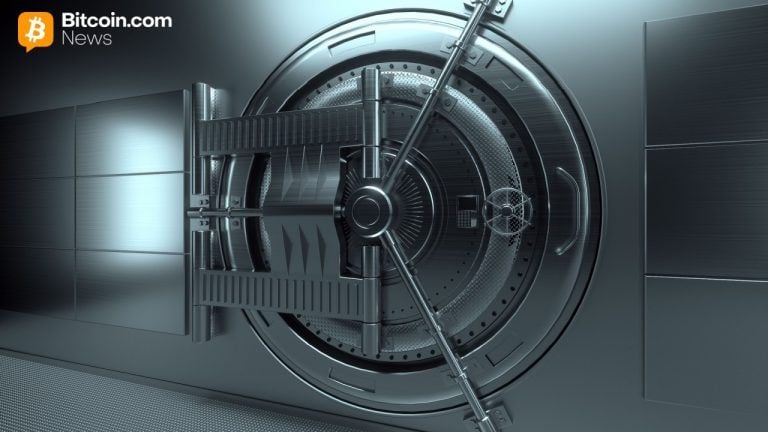



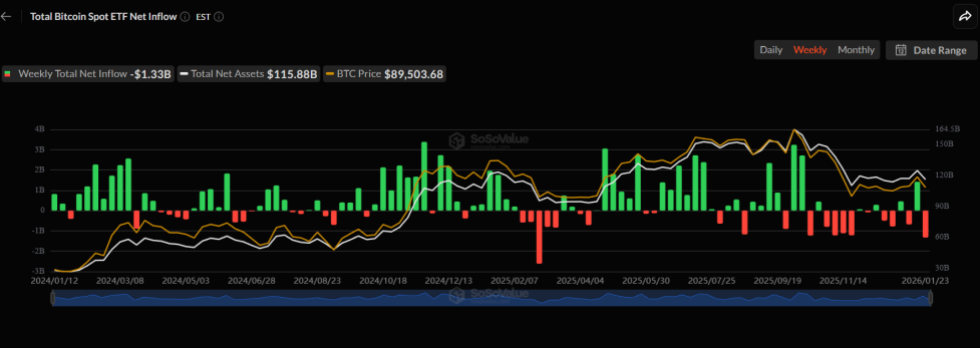
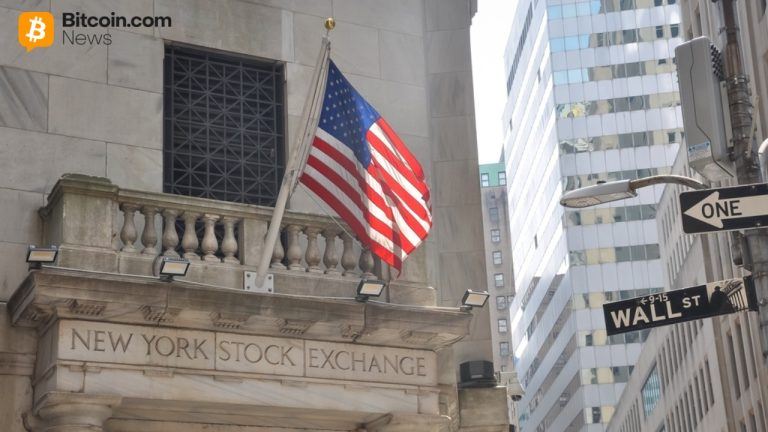



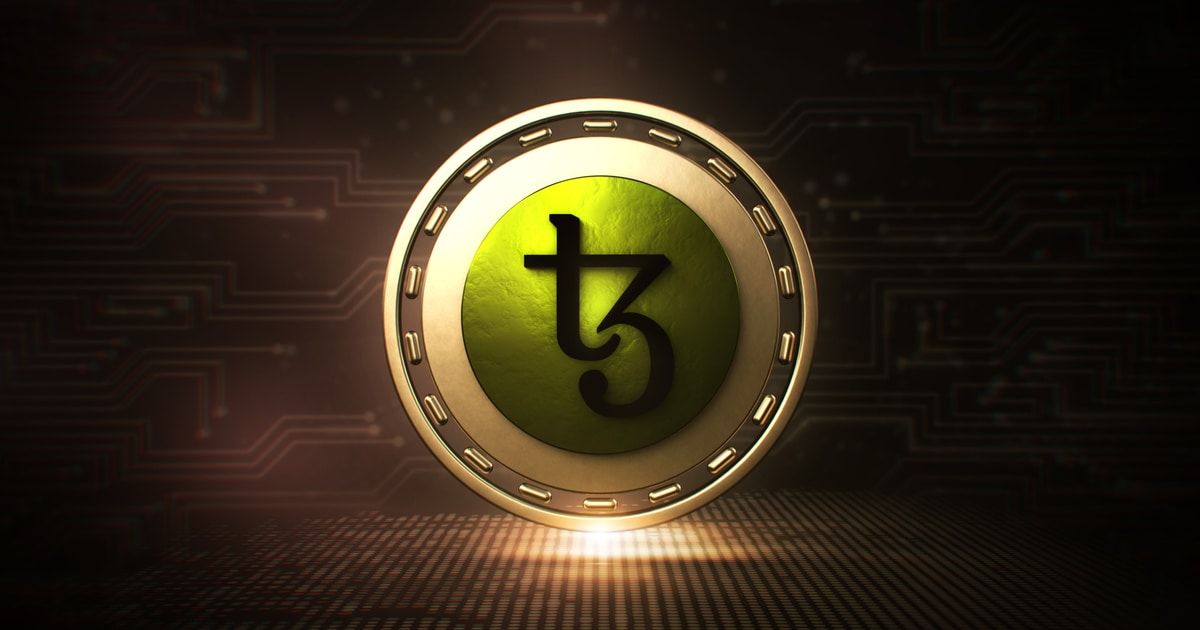
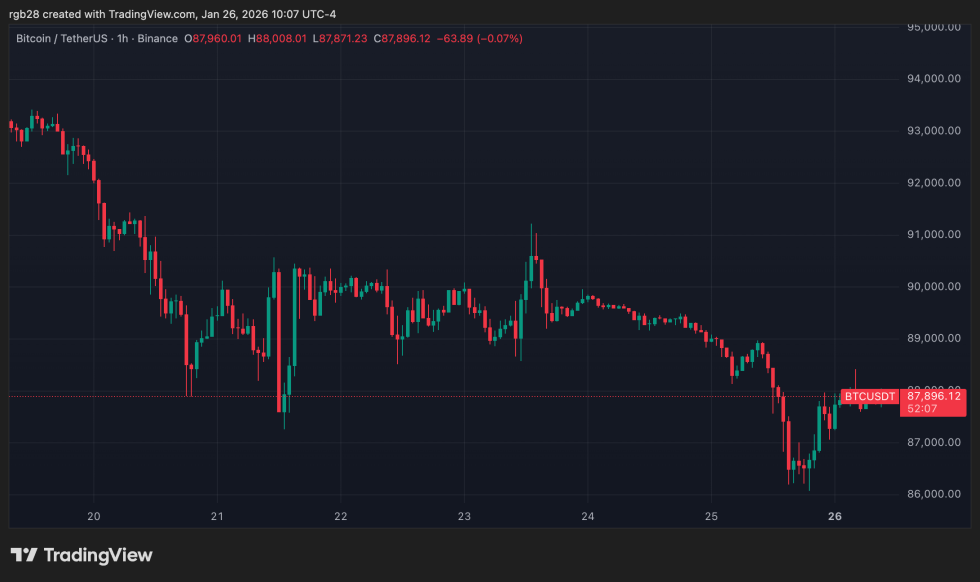
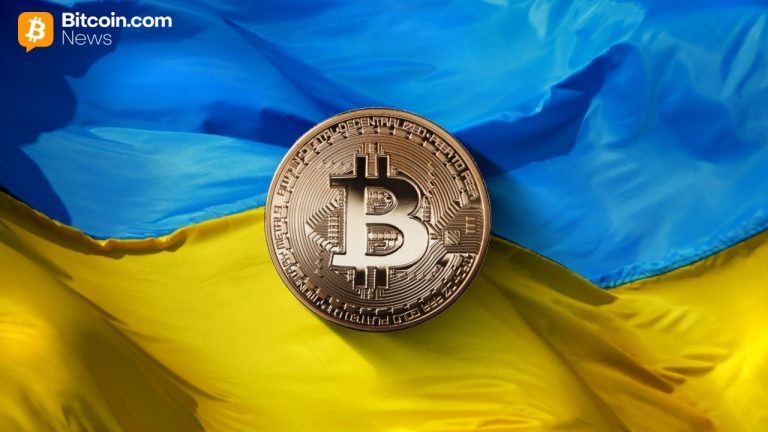





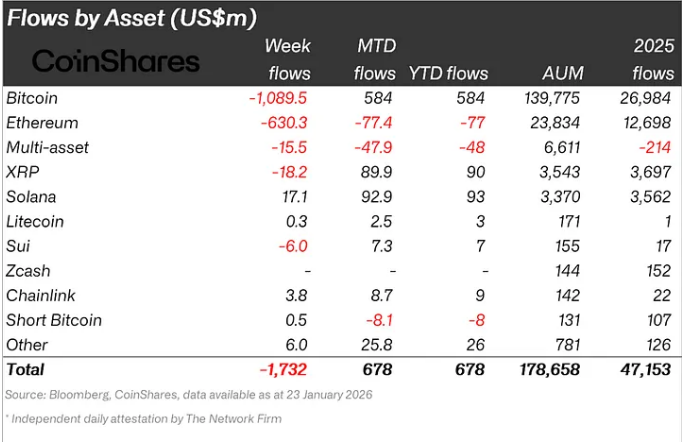

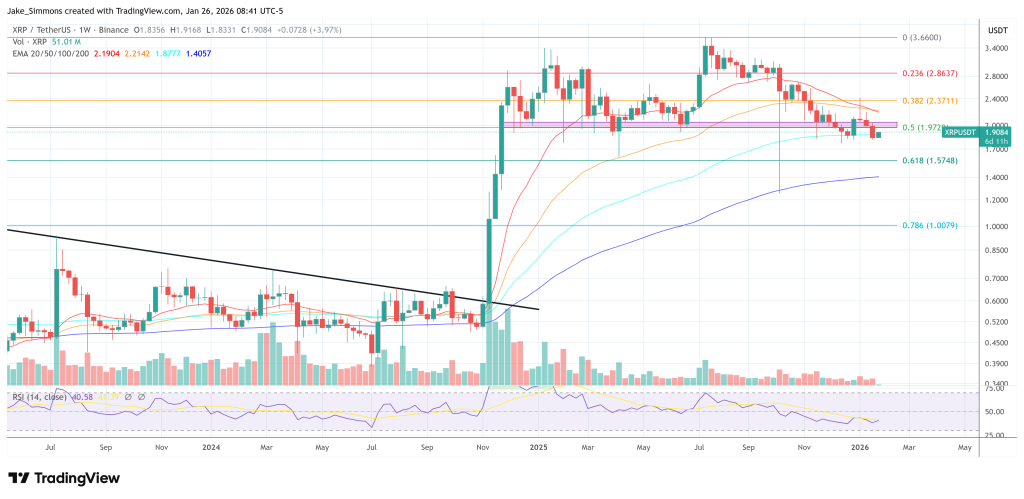
Comments